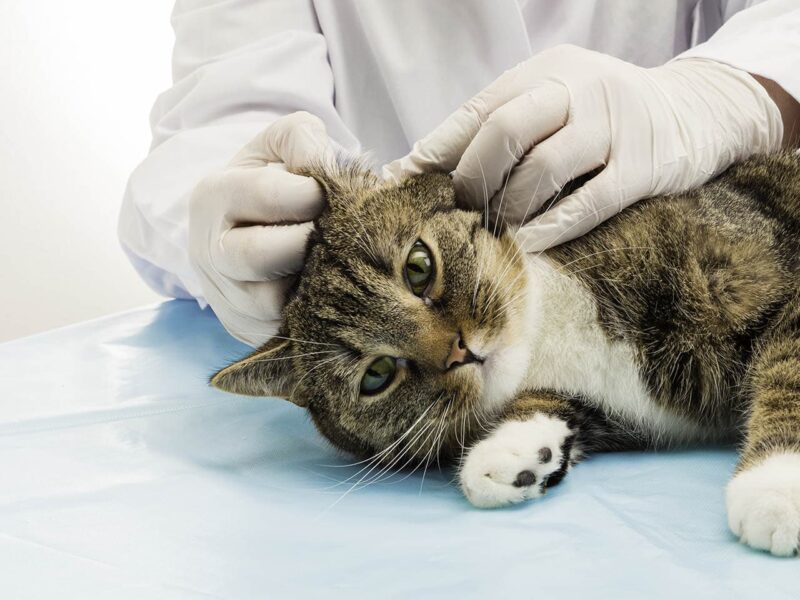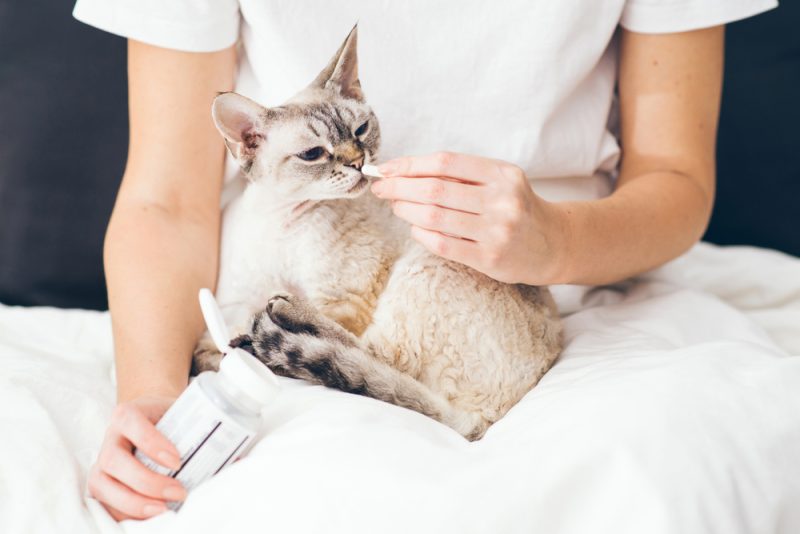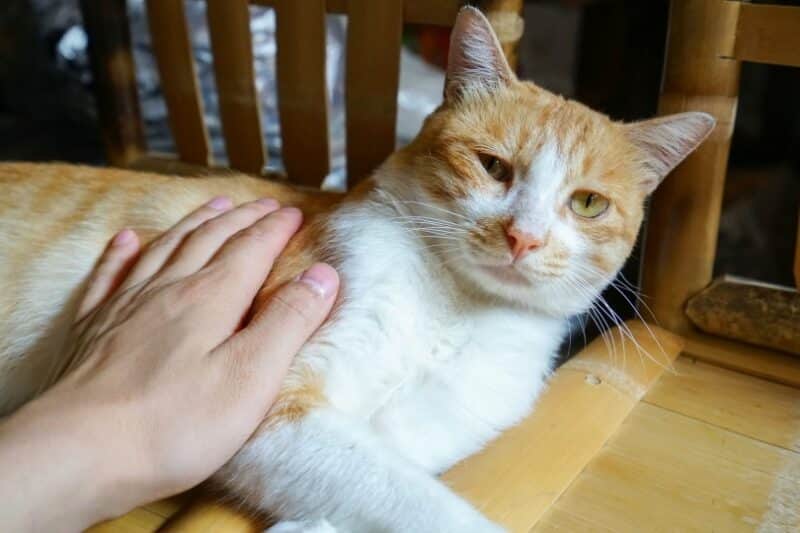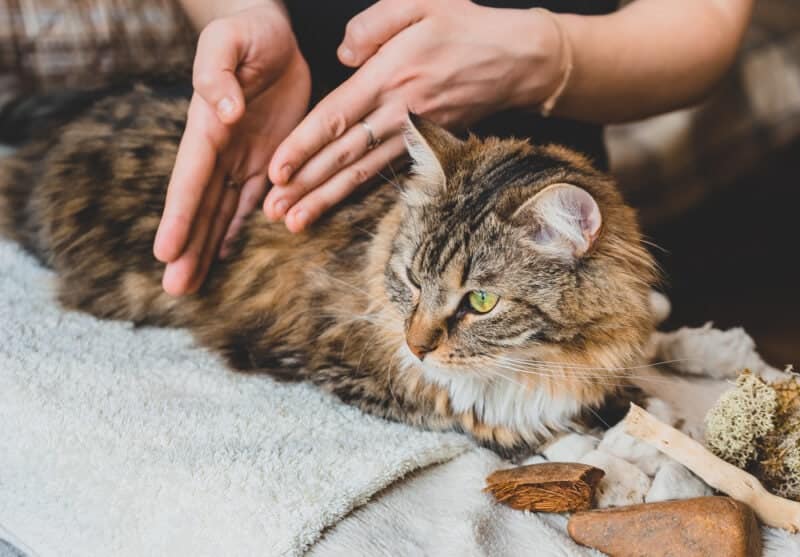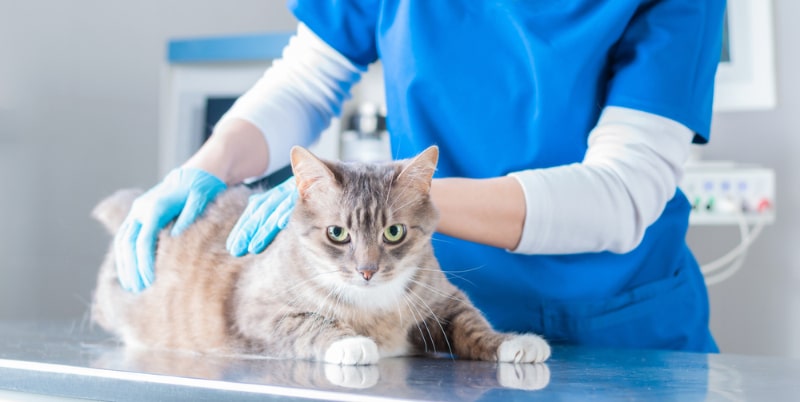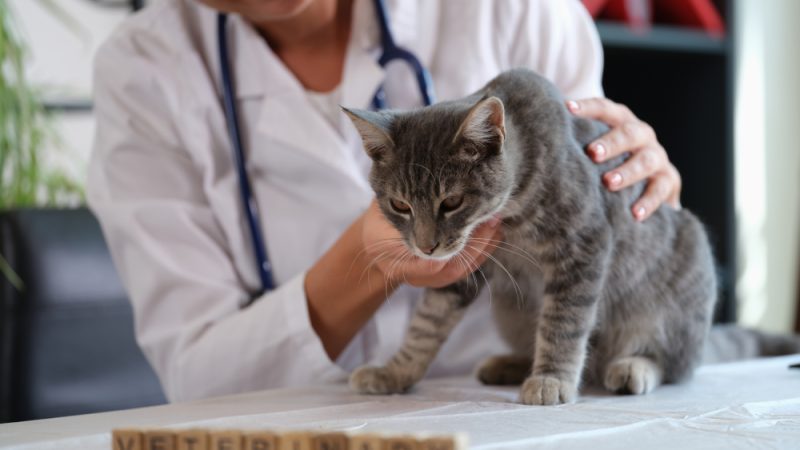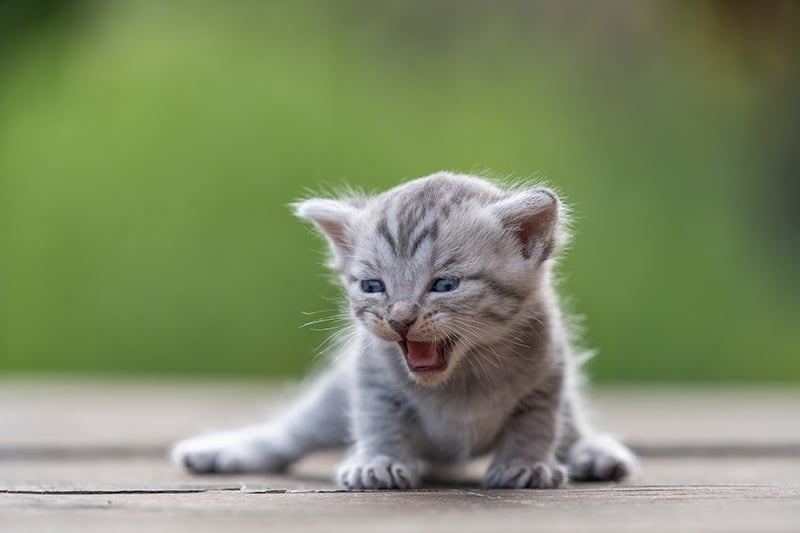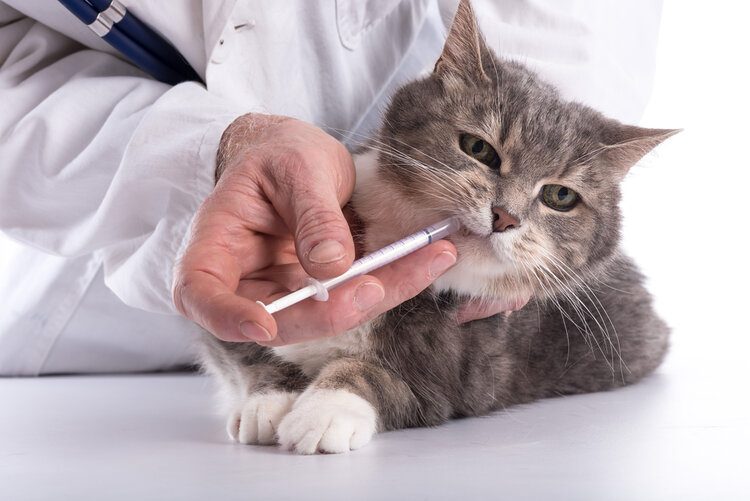Squamous Cell Carcinoma in Cats: Causes, Signs & Treatments (Vet Answer)
Squamous cell carcinoma is a type of locally aggressive (malignant) cancer that grows and spreads rapidly in the neighboring tissues, including at the bone level. This type of cancer often occurs as a result of sun exposure, especially in cats with light-colored fur. Cats typically present at the vet clinic with skin ulcers, especially around […]
Squamous Cell Carcinoma in Cats: Causes, Signs & Treatments (Vet Answer) Read More »

